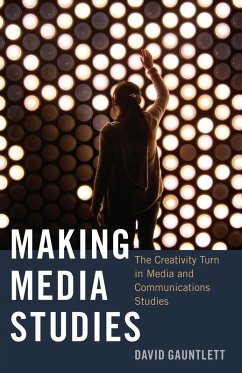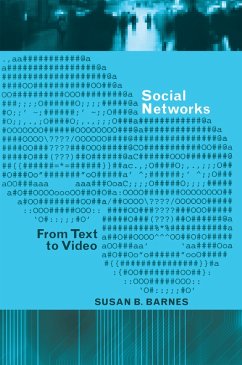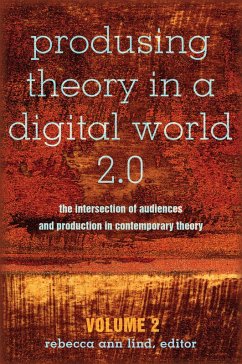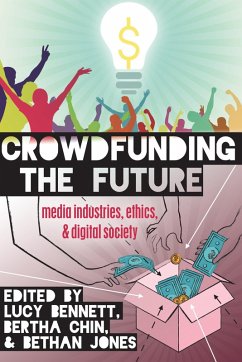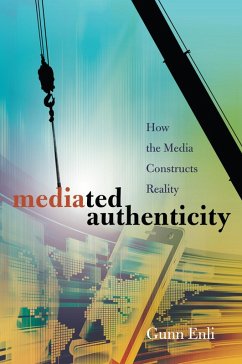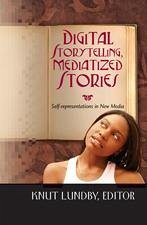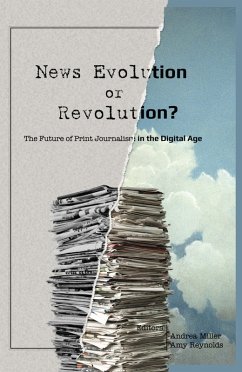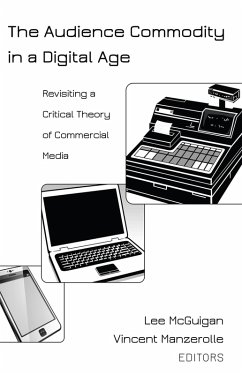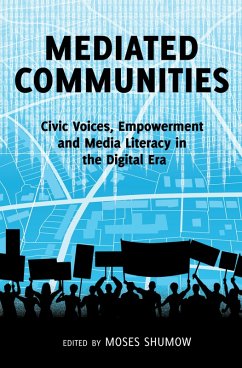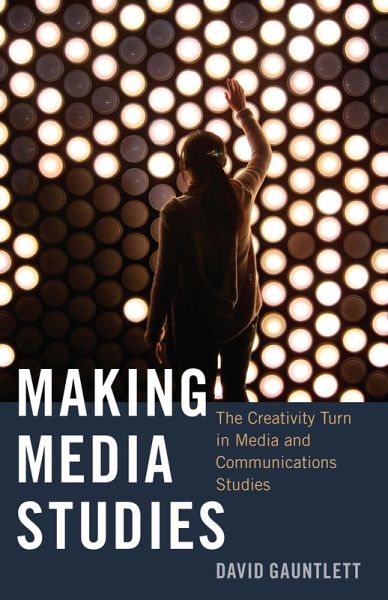
Making Media Studies (eBook, PDF)
The Creativity Turn in Media and Communications Studies
Versandkostenfrei!
Sofort per Download lieferbar
Statt: 166,10 €**
33,95 €
inkl. MwSt.
**Preis der gedruckten Ausgabe (Gebundenes Buch)
Alle Infos zum eBook verschenkenWeitere Ausgaben:

PAYBACK Punkte
17 °P sammeln!
In Making Media Studies, David Gauntlett turns media and communications studies on its head. He proposes a vision of media studies based around doing and making - not about the acquisition of skills, as such, but an experience of building knowledge and understanding through creative hands-on engagement with all kinds of media. Gauntlett suggests that media studies scholars have failed to recognise the significance of everyday creativity - the vital drive of people to make, exchange, and learn together, supported by online networks. He argues that we should think about media in terms of convers...
In Making Media Studies, David Gauntlett turns media and communications studies on its head. He proposes a vision of media studies based around doing and making - not about the acquisition of skills, as such, but an experience of building knowledge and understanding through creative hands-on engagement with all kinds of media. Gauntlett suggests that media studies scholars have failed to recognise the significance of everyday creativity - the vital drive of people to make, exchange, and learn together, supported by online networks. He argues that we should think about media in terms of conversations, inspirations, and making things happen. Media studies can be about genuine social change, if we recognise the significance of everyday creativity, work to transform our tools, and learn to use them wisely. Making Media Studies is a lively, readable, and heartfelt manifesto from the author of Making is Connecting.
Dieser Download kann aus rechtlichen Gründen nur mit Rechnungsadresse in A, D ausgeliefert werden.




